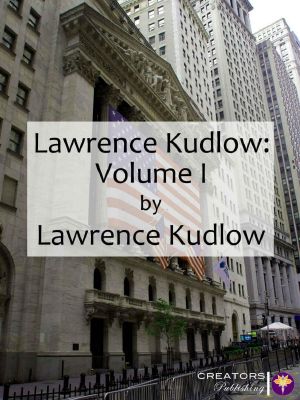Lawrence Kudlow · Volume I

Though popular history places the 1950s at the pinnacle of post-war prosperity, the truth is that the 1960s were the real decade of economic success. The Dow Jones nearly doubled between 1962 and 1966, the recurring recessions of the Eisenhower years ended, and America saw a run of economic growth that ranks among the biggest in its history. Today, the Left would have voters believe that the 1960s boom happened despite, or even because of, high taxes. In fact, America enjoyed this era of prosperity because John F. Kennedy, the great hero of liberals today, embraced the very conservative ideas of supply-side economics. To the horror of fellow liberals, he initiated tax cuts that launched America's economy into years of growth--and that later inspired Ronald Reagan to imitate them.
In a blow-by-blow narrative of the tax battles within the Kennedy administration, the authors reveal how JFK assembled Keynesian advisors, only to reject their plans for loose money and big spending. Instead, Kennedy embraced ideas advanced by the non-Keynesians on his team of rivals and drew upon his own deep reading of history to opt for tax cuts and a recommitment to the gold standard.
Here we meet a fascinating cast of Kennedy Administration characters, especially Treasure Secretary Douglas Dillon, the token Republican in JFK's cabinet. Dillon's opponents, such as liberal economists Paul Samuelson, Robert Solow, and James Tobin, strove to stifle the push to bring down the high tax rates--including an astonishing 91% top rate on the wealthiest earners-- that were damaging the economy.
Once JFK became convinced of the power of tax cuts, he held his ground against the Keynesians. And as Kennedy made his case for the tax cut, the economy took off. After the assassination, Lyndon Johnson finally signed the tax-cut law in February 1964. The subsequent economic boom delivered the greatest prosperity the nation had ever seen.
This is an eye-opening look at one of the most important yet least understood episodes in American economic history. It shatters the argument that the Republicans who believe that cutting tax rates can result in more growth and more tax revenue have moved to the extreme right. Instead, it is the Democrats who have moved so far left as to have to disown John F. Kennedy's most successful policies.